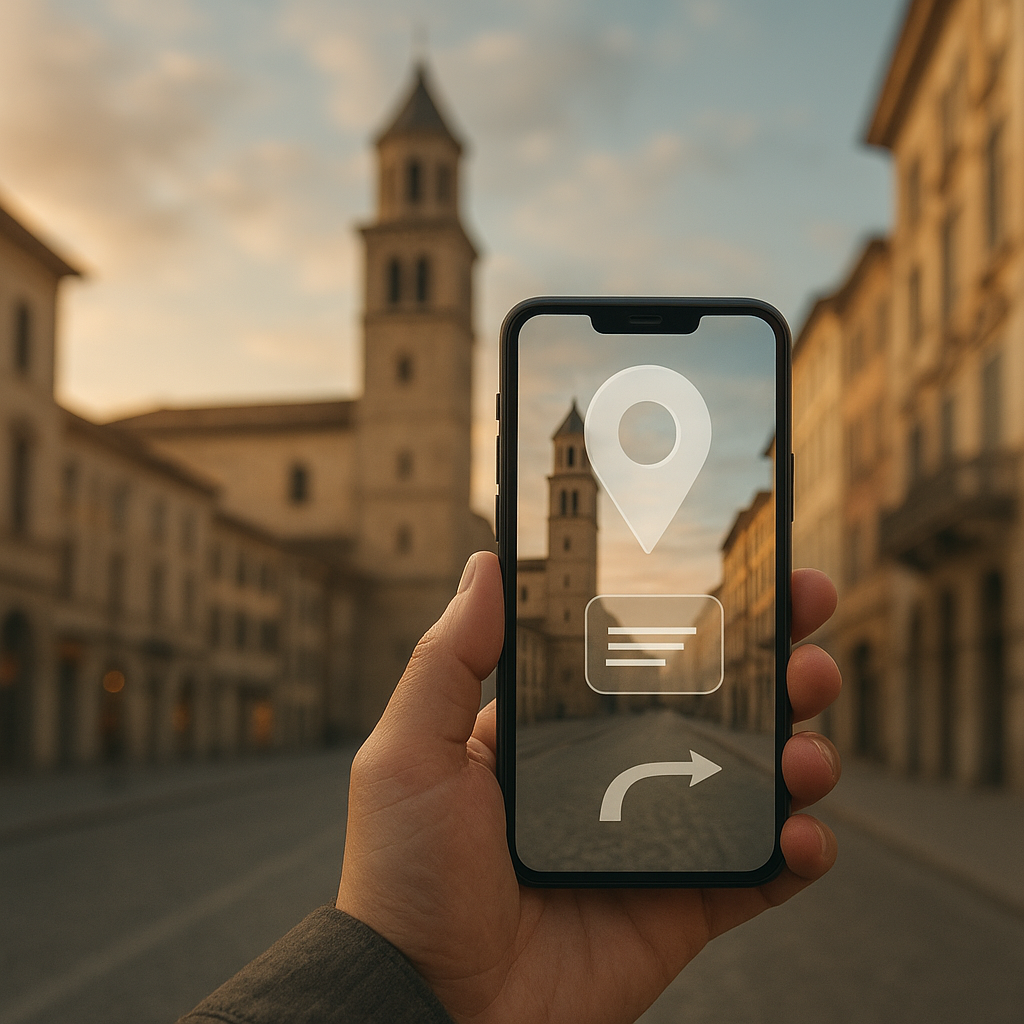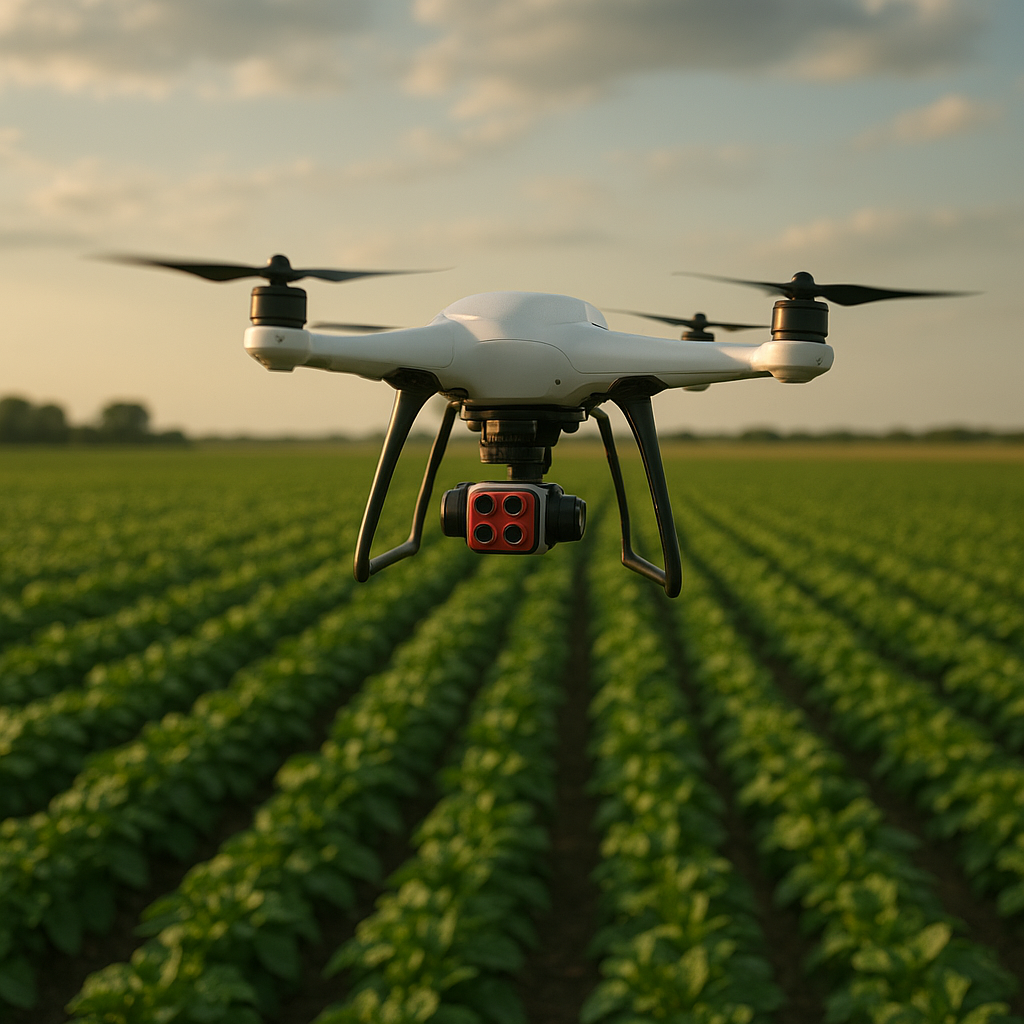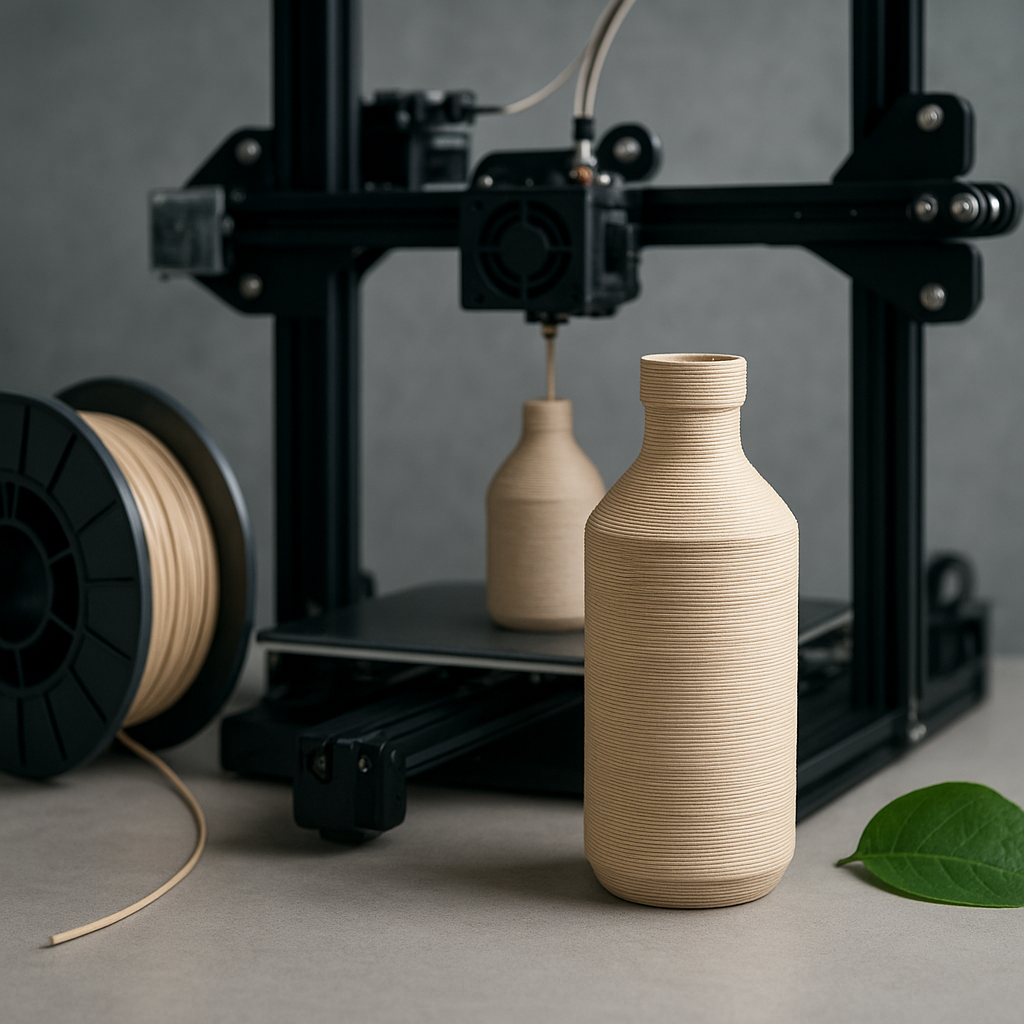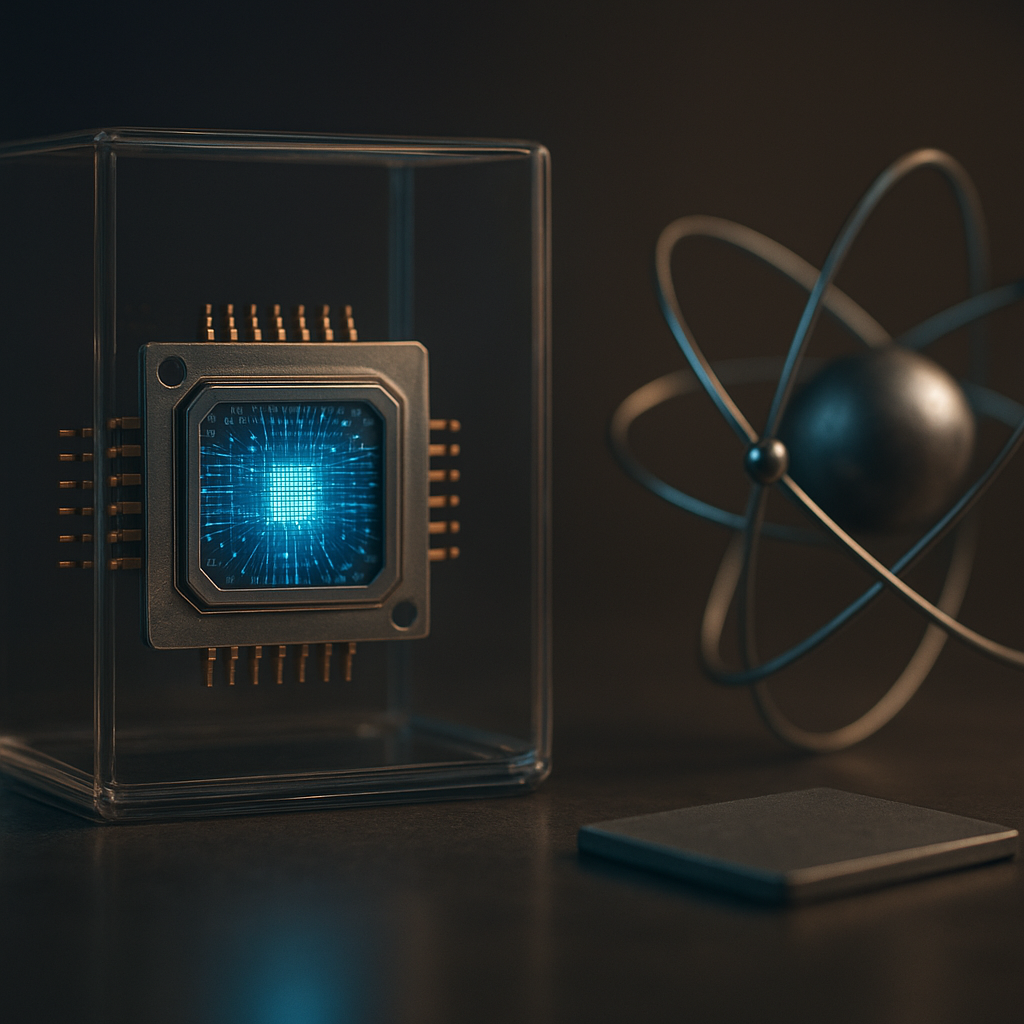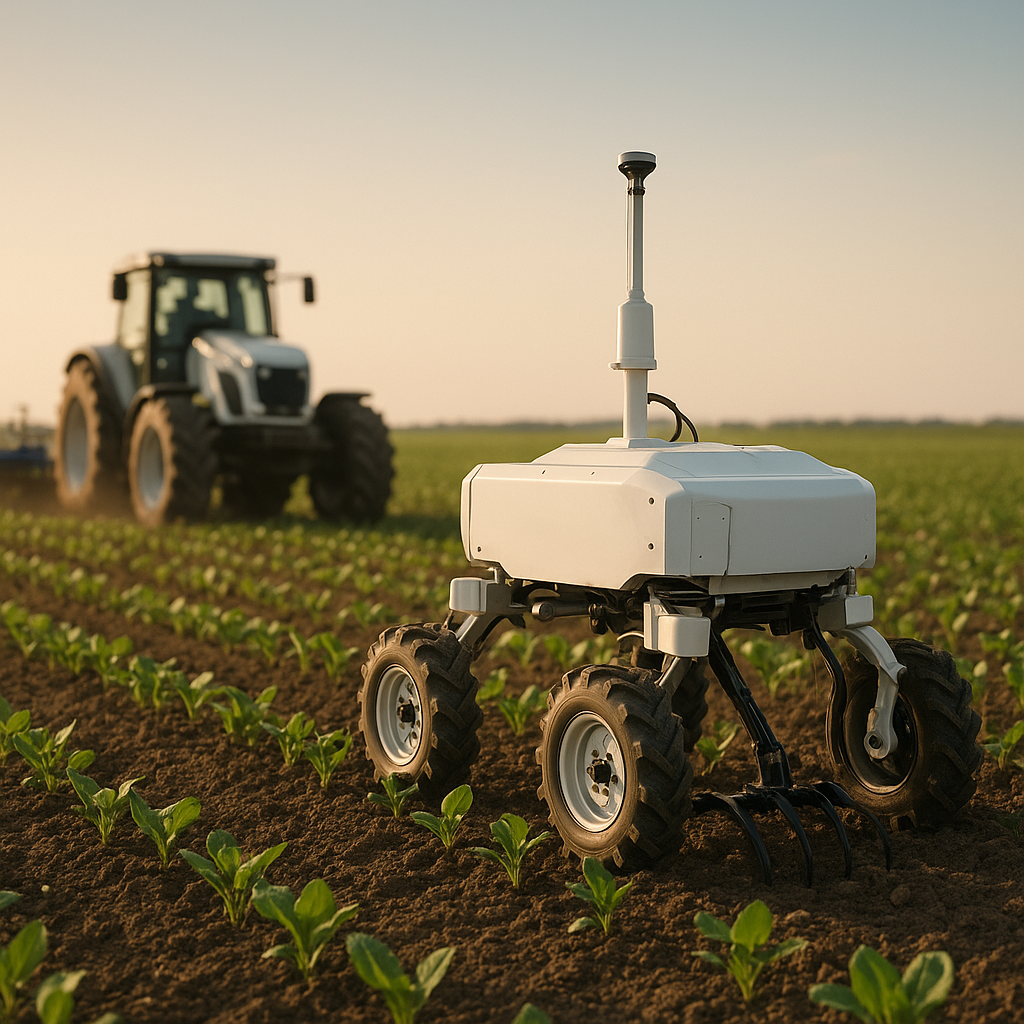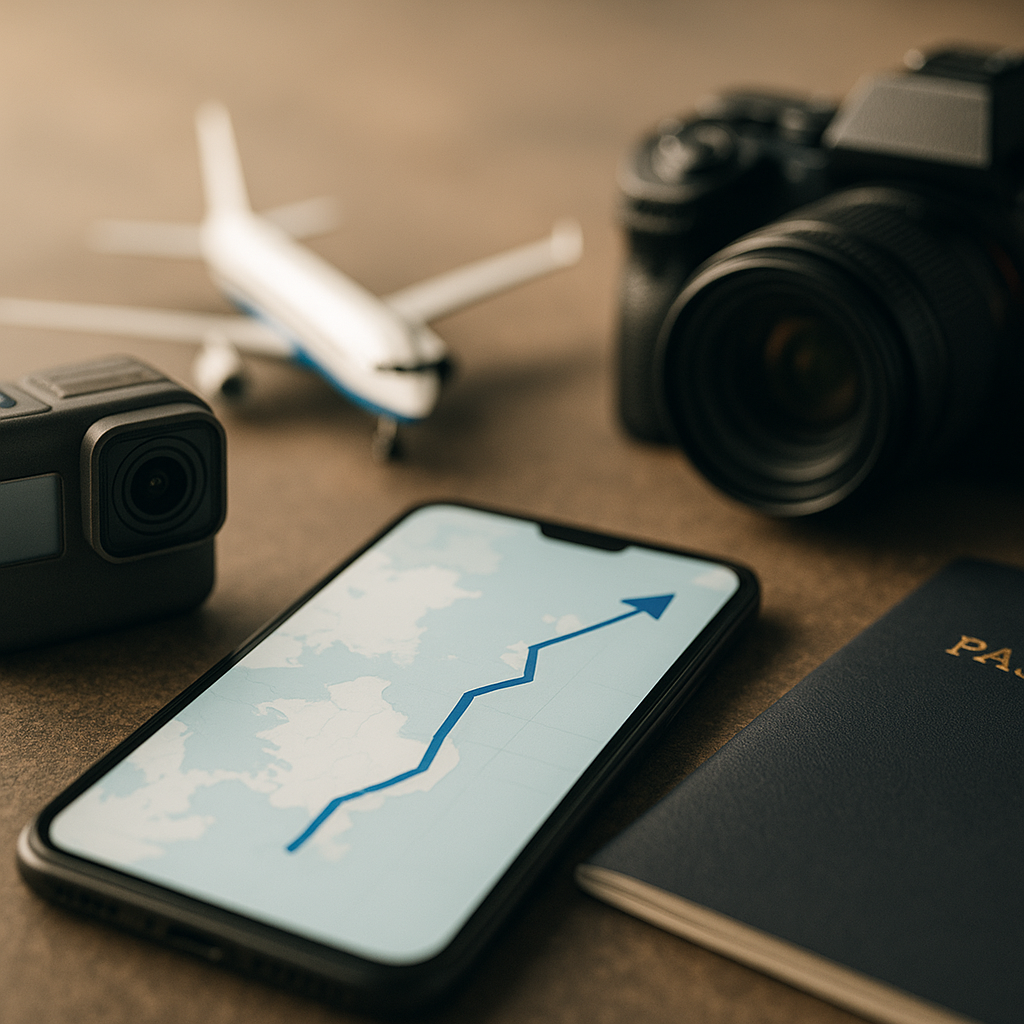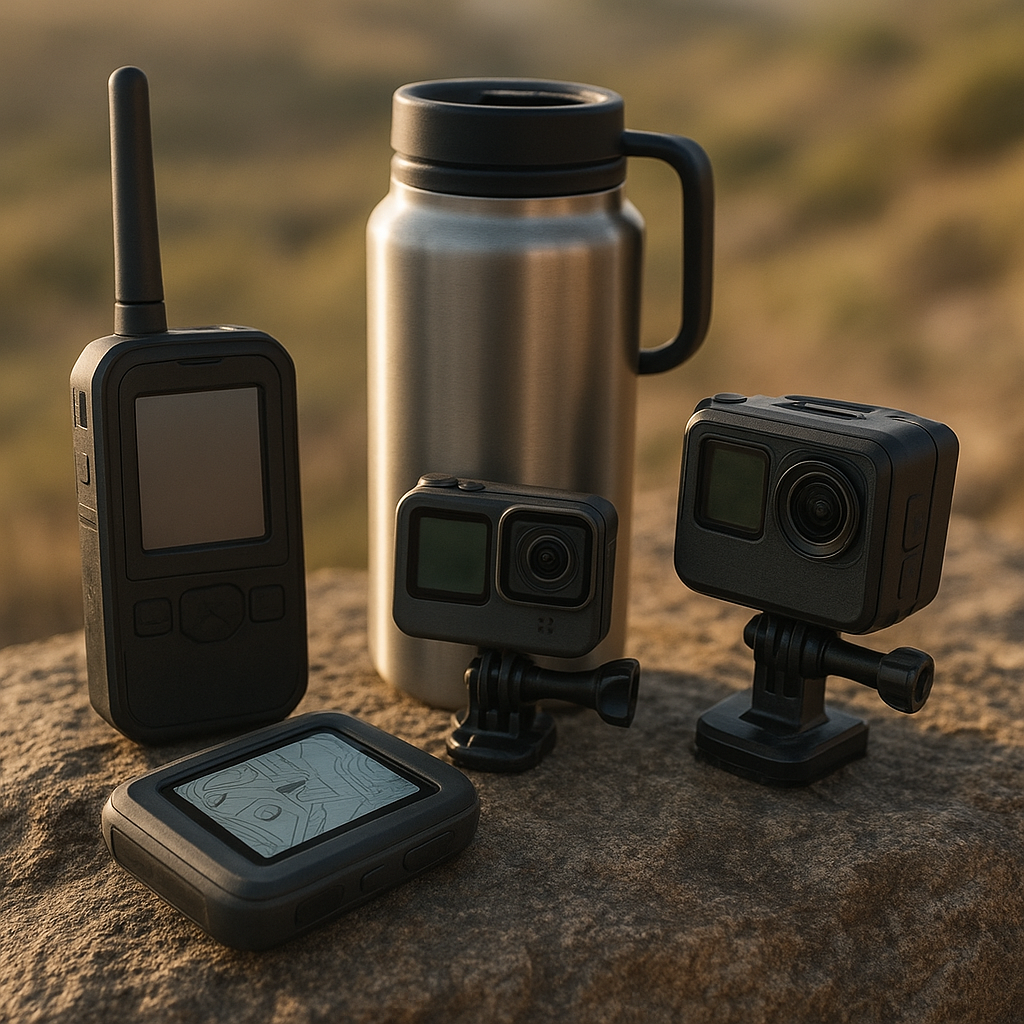The Impact of AI on Creative Industries: Opportunities and Challenges
On October 17, 2025, the rapid evolution of artificial intelligence (AI) in creative industries continues to redefine the landscape, presenting both unprecedented opportunities and significant challenges. As professionals harness the power of AI tools, the nature of creativity itself is evolving, impacting various fields from art to publishing.
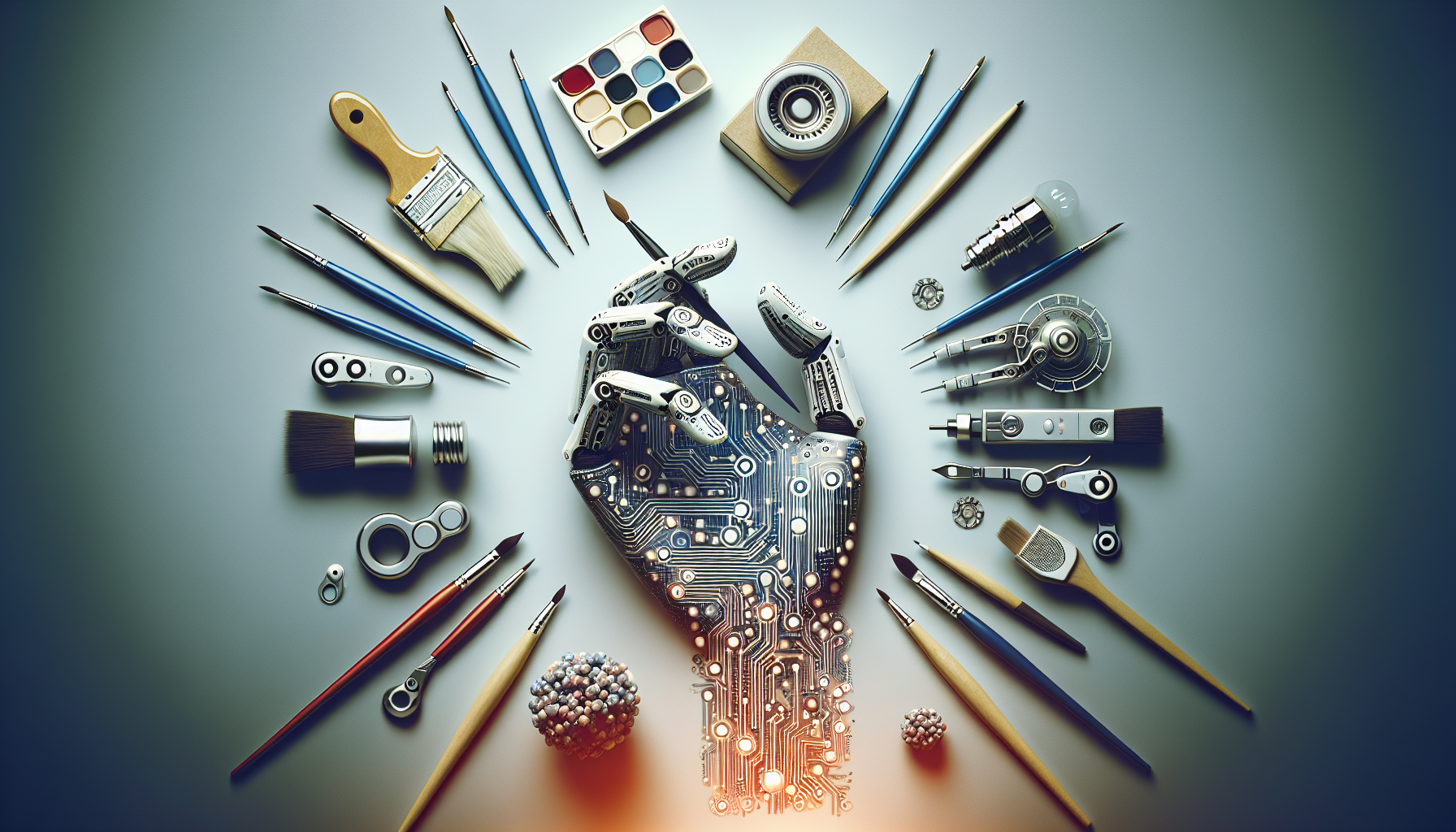
Transformative Opportunities for Creativity
AI technology is increasingly being integrated into creative processes, allowing artists, writers, and designers to enhance their work and streamline production. The following points highlight some transformative opportunities brought about by AI:
- Increased Productivity: AI tools can automate repetitive tasks, allowing creatives to focus on more complex and innovative aspects of their projects.
- Enhanced Creativity: By providing new tools and platforms, AI encourages experimentation and allows creators to push boundaries they might not have reached otherwise.
- Data-Driven Insights: AI can analyze trends and audience preferences, helping creatives tailor their work to meet the demands of their audience effectively.
- Collaboration and Connectivity: AI facilitates collaboration among creatives across different fields, fostering interdisciplinary projects that combine unique talents.
Challenges Posed by AI Integration
Despite the numerous advantages, the integration of AI into creative industries also presents several challenges:
- Job Displacement: The automation of certain creative tasks may lead to job loss, particularly in roles focused on repetitive tasks, stirring concerns about employment stability.
- Loss of Authenticity: There are apprehensions that excessive reliance on AI could dilute the human touch in creative works, raising questions about authenticity and artistic expression.
- Ethical Considerations: Issues related to copyright, ownership, and credit for AI-generated content remain contentious and require clear regulations.
- Skill Gap: As AI tools become more prevalent, there is a growing need for creatives to develop competencies in using these technologies, which may not be readily available to everyone.
AI in Various Creative Domains
Several creative sectors are experiencing significant changes due to AI. Here’s how AI is influencing key industries:
Visual Arts
AI algorithms are now capable of generating stunning visual art, challenging traditional notions of creativity. Digital artists are using AI to enhance their artwork, blending techniques that were previously unattainable.
Music Production
AI tools are revolutionizing music composition and production, allowing musicians to create melodies and harmonies rapidly, often resulting in new genres and sounds.
Publishing and Writing
AI-driven writing assistants help authors by suggesting ideas, improving grammar, and optimizing content for SEO. This technology is making the writing process more efficient while enabling writers to explore new narrative possibilities.
Film and Animation
AI is being used in film production to assist with script analysis, visual effects, and even casting decisions, significantly altering production workflows.
Building Competence and Self-Efficacy
The success of AI integration in creative fields hinges on the competence and confidence of users. A study highlighted the importance of critical thinking and self-efficacy in navigating AI tools. As creatives engage with AI, developing these skills can enhance their creative outputs.
Engineers and other professionals are encouraged to embrace AI as a partner in creativity rather than viewing it as a replacement. This mindset can lead to more innovative outcomes and elevate creative standards across disciplines.
The Future of AI in Creative Industries
Looking ahead, AI technology is expected to become even more sophisticated, paving the way for future advancements. Industry experts predict that:
- A greater emphasis on human-AI collaboration, enhancing the creative process.
- The emergence of new art forms that blur the line between human and machine-generated content.
- Increased demand for training programs that empower creatives to leverage AI tools effectively.
As we navigate this shifting paradigm, it is evident that while AI offers exciting opportunities for creative expression, careful consideration must be given to its implications on the workforce and the essence of creativity itself.
Conclusion
The impact of AI on creative industries is profound and multifaceted, driving a need for adaptation and growth. Embracing this transformation requires a balanced approach, leveraging AI's benefits while addressing the challenges it presents. As the landscape continues to evolve, those engaged in creative fields must remain proactive in building the necessary skills to thrive in an AI-infused world.
Related Video
Related videos:
